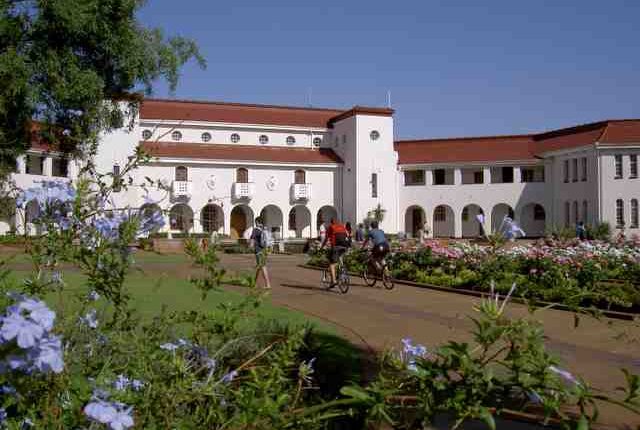North-West University coal research gets the boost of NRF funding
The quest for more sustainable and greener coal energy is receiving a boost through the National Research Foundation’s (NRF) renewal of the Chair for Coal Research at the North-West University (NWU).
The chair has secured funding of R4,15 million per year for the next five years as part of the NRF’s South African Research Chairs initiative (SARChI). This adds up to more than R20 million over the full period.
The chair holder is Prof John Bunt from the Centre of Excellence in Carbon-based Fuels in the School of Chemical and Minerals Engineering. “We are extremely grateful and humbled by the successful evaluation and renewal of the chair. This will enable us to continue our work at the forefront of more environmentally friendly coal energy.”
Situated in the Faculty of Engineering, the chair focuses on fine coal processing and the utilisation of coal and coal waste.
A decade of research excellence
The NRF SARChI Chair for Coal Research started in 2013 after a successful proposal for the Unit of Energy Systems to coordinate and align all related research into one focus area. It continued for two cycles of five years each.
According to Prof Bunt, the full coal value chain is their focus, with specific emphasis on optimisation that leads to commercialisation.
They have conducted various studies in the past 10 years in fields such as fine coal dewatering fundamentals, coal breakage, the briquetting of fuel rods, molecular modelling, reaction kinetics, and tar formation and destruction, among others.
“Over the past decade, the SARChI coal research entity has grown from just a few researchers and fewer than five students to a group consisting of 10 full-time personnel (this includes seven NRF-rated researchers), and more than 80 postgraduate students in the past five years.”
This new funding will enable them to expand further.
Projects impact coal-generated energy
Although the chair’s researchers are constantly working on exciting new technology and research, Prof Bunt says there are some projects that hold great promise for more environmentally friendly coal energy.
One of these is the briquetting of fine coal. “There are millions of tonnes of fine coal in slimes dams and slurry ponds that cannot be used because it is wet. Through briquetting, we can upgrade coal to larger sizes that can be used effectively in technologies that process large coal lumps.”
He says the briquetting project is a great example of how the SARChI Chair for Coal Research joins hands with other chairs in the energy field to produce greener coal technologies ― in this instance, Prof Sannette Marx’s DST/NRF Research Chair in Biofuels and other clean alternative fuels (also hosted at the NWU).
Another research project is a collaboration with the Eskom Powerplant Engineering Institute (EPPEI) Specialisation Centre for Emission Control. This focuses on coal stove optimisation. “In South Africa many poor households are dependent on coal stoves. This can lead to illnesses and other problems due to dwellings not being ventilated enough to clear carbon dioxide and carbon monoxide emissions from the stoves.”
He says they are addressing this problem by designing new stoves and converting older models to burn cleaner and produce lower emissions. “This exciting technology will greatly impact the quality of life of many households. It will be rolled out in field testing over the next few months by the EPPEI Chair research team.”

